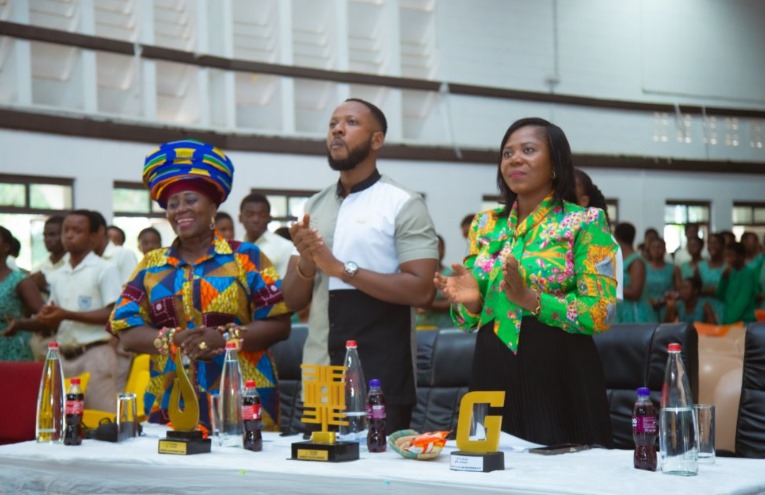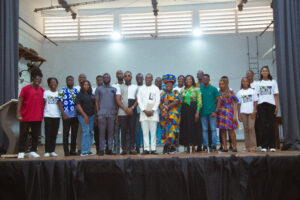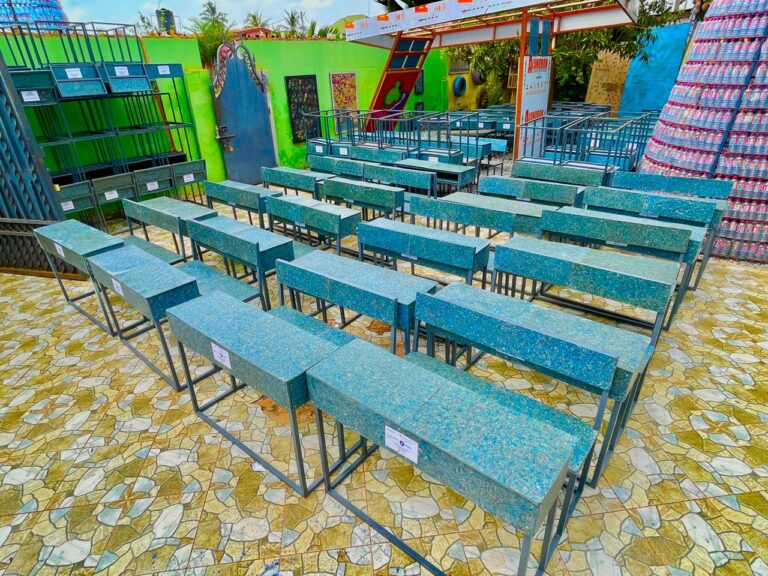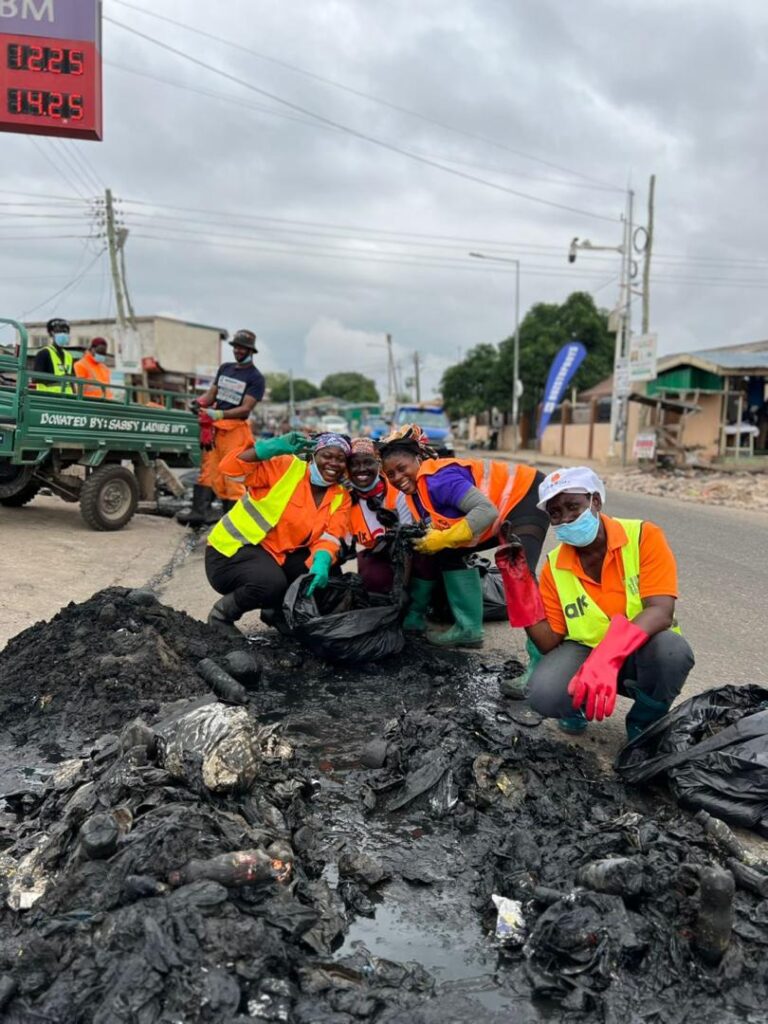Efforts to strengthen environmental awareness among Ghana’s youth have gained renewed attention, following the Green Tales interschools climate competition, held at Achimota School in Accra.
Organized by the Climate Sociologist, a Ghanaian organization that raises awareness and promotes climate action through community and youth engagement.
The event brought together students, actors, broadcasters, and environmental experts to explore creative and ways of promoting climate education in schools.

The competition forms part of a broader initiative by Climate Sociologist to encourage young people to understand environmental issues through storytelling and the arts.
Participating schools dramatized real-life environmental challenges, including waste management, pollution, and deforestation, and proposed local solutions through their performances.
Labone Senior High School emerged winner, with Achimota Senior High School and Accra Girls Senior High School placing second and third respectively.
Adigao Alvin Wenia, Program Coordinator for the Green Tales Initiative, said the competition is designed to make climate education more relatable for young people.
“Our goal is to create a generation that understands the reality of climate change and acts on it. This project brings climate conversations closer to students, allowing them to tell their own stories and show how climate issues affect their daily lives,” he said.
He added that Climate Sociologist Ghana, will continue to expand the initiative to other schools and regions to sustain youth engagement and public participation in environmental education.
Dr. Emmanuel Tachie-Obeng, Acting Director of the Climate Change Unit at the Environmental Protection Authority (EPA), commended the initiative and encouraged students to apply what they have learned beyond the competition.
“What I have seen here today is encouraging. Climate change affects everyone, and it starts with how we handle our environment. Let us all be responsible, the youth must continue to learn and act,” said Tachie-Obeng.
He said the EPA is ready to support initiatives that promote environmental education, adding that climate awareness should not remain a one-day campaign, but a continuous process that influences behavior at all levels.
Dr. Joyce Akumaa Dongotey-Padi, popularly known as Akumaa Mama Zimbi, also called on students to translate their performances into practical habits that protect the environment.
“We cannot talk about climate change and still litter our surroundings. Each of us must start from where we are, plant trees, reduce waste, and treat nature with care. That is how we make a real impact,” she said.
The place of youth in Climate Change Action
She encouraged parents and teachers to take a more active role in guiding children toward environmental responsibility, noting that values formed at an early stage can help shape a sustainable future.
Ghanaian actor and filmmaker Aaron Adatsi, popularly known as Cyril for his role in YOLO, a Ghanaian teenage television series, said the competition showed how powerful young voices can be in driving change.
“This is not just about drama; it’s about real life. When young people use their talents to talk about climate change, it becomes a message everyone can relate to. We must all pay attention to what they are saying,” Adatsi said.
He urged the students to remain committed to climate action and to use their influence in schools and communities to promote sustainable practices.
Leonard Nketia Obempong, Assistant Program Officer at the Ministry of Tourism, Culture and Creative Arts, praised the organizers for using culture and performance as tools for education.
“Environmental issues affect tourism and development. When young people learn to protect their environment, they also protect the beauty of Ghana,” he said.
The Green Tales competition has been recognized as one of the creative efforts bridging formal education and climate advocacy.
Stakeholders at the event agreed that such initiatives can help simplify climate communication and make environmental awareness a part of school life.
For Climate Sociologist, the goal is to build momentum for environmental education that moves beyond the classroom.
The group believes students can become change agents by using their creativity and voices to inspire others to care for the planet.



